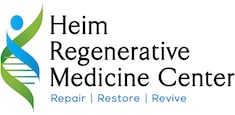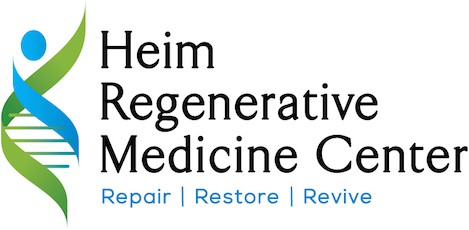If you have ever wondered if it is worth it to eat organic food, I’m hoping this blog will answer some of your questions. There are many reasons to consider eating organic but where to start? Fruits? Vegetables? Grains? Or all of the above?
One of the major reasons you should consider eating organic for at least some of the foods that you eat is the overall toxic burden we now carry on a daily basis. Our world has become increasingly toxic and the food we eat is a part of that burden. From the pesticides, hormones and antibiotics used to raise our food, to the over-farming of land that causes depletion of vital nutrients, it is harder and harder to find safe food that is rich in the nutrients that will maximize your health and help to reduce disease.
I tell my patients over and over, it is not convenient or cheap to eat healthy. I also tell them we all have our priorities in life and we all have choices to make. Your health should be a no-brainer. The problem with pesticides varies depending on the type used, but they have been linked to brain and nervous system toxicity, cancer, and disruption of proper hormone function. They are especially toxic to children and their developing bodies and nervous systems.
In order to label a food as organic, the food must be produced without the use of synthetic pesticides or chemical fertilizers. They cannot be treated with irradiation and do not contain chemical food additives or genetically modified ingredients (GMOs). Livestock must be raised with regular access to pastures and without the routine use of antibiotics or hormones. Processed foods must contain a minimum of 95% organic ingredients in order to be labeled as organic.
If you are thinking of making the leap into the organic food world, I would recommend two things. Visit the website of the Environmental Working Group and view their annual list of The dirty Dozen and the Clean fifteen TM. This is a list that compiles the foods that contain the highest and lowest amount of pesticides. Secondly, after viewing this list, focus on the foods that you and your family eat most commonly and start with those.
When I started researching this topic a few years ago, it was pretty eye opening. I realized I was slowly poisoning my kids with peanut butter (I could do another entire blog on this topic), and that the two most common fruits in my house, apples and strawberries, occupied the top two spots on The Dirty Dozen list TM because of the high pesticide content. the other thing I realized is that there are some cases where it is not as important to eat organic such as avocados because of the outer peel that reduces exposure to the actual fruit (yes, avodado is a fruit which came as another surprise). So although reducing all pesticide exposure is good, there are ways to get better bang for your buck if you focus on reducing foods you eat regularly that tend to have high levels of pesticides.
If you wonder how much pesticide exposure you currently have consider this:
The Centers for Disease Control and Prevention’s national biomonitoring program has detected pesticides in blood and urine samples from 96 percent of samples taken from more than 5,000 Americans age 6 and older. Of those tested, 60% tested positive for seven or more pesticides or their metabolites.
If you wonder how much eating organic can reduce your pesticide levels you can look to a study done at Emory University which revealed that children’s detectable pesticide levels peaked in the summer months when fruit consumption was at its highest. The study also found that just 5 days after switching to organic produce, their pesticide levels were almost non-detectable.
The take home on all of this is to become educated on what you are putting into your body and more importantly into your children’s bodies. I have focused on produce in this blog but livestock and dairy bring a whole other set of disturbing problems that I will cover in future blogs. Start with the staples in your house, look at what you and your family are eating on a regular basis and make the switch in those categories. Children are particularly susceptible as they tend to eat from a more limited list of foods, and the big ones on that list are some of the most pesticide laced; peanut butter, milk, potatoes, apples and strawberries. Switching these 5 foods eliminated multiple daily doses of pesticides in my children’s and my own diet.
Hopefully this blog answers some basic questions about going organic.
Until next time, Stay Healthy and Live Well… Dr. Mike


No Comments